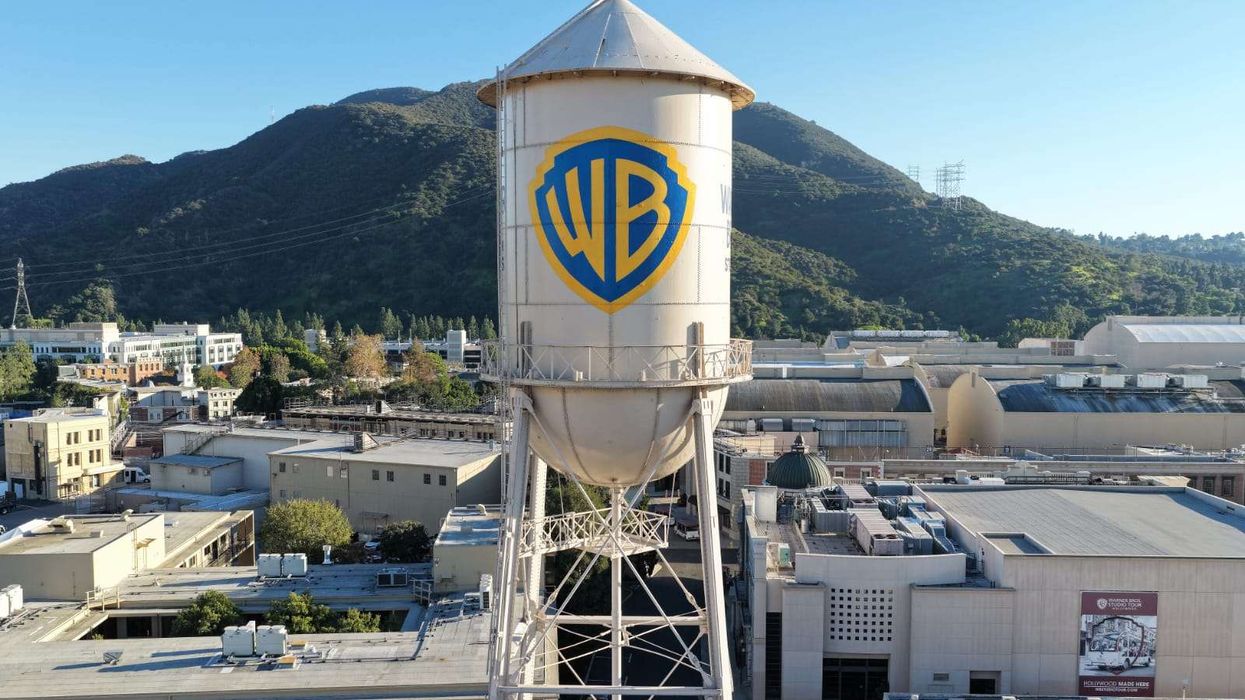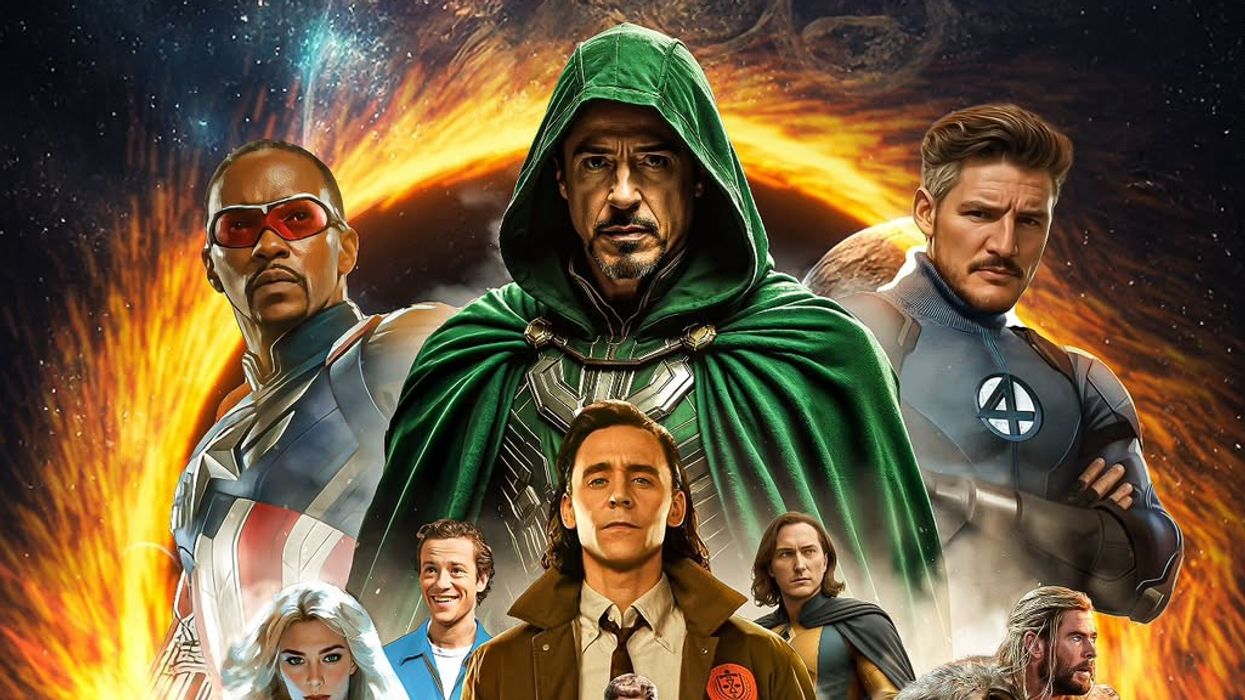By Nadeem Badshah
BRITAIN and India can learn lessons from each other on how to solve one of travel's biggest problems - getting trains to run on time.
Experts said UK transport chiefs should look at the punctual service on the premier Shatabdi and Rajdhani Express services, where passengers also enjoy more affordable ticket prices and hot meals are included.
But they also admitted that authorities running local services in South Asia can learn from their UK counterparts about running on time and having cleaner carriages and toilets.
It comes after a study by Railway Gazette International said Britain's train services are lagging behind other countries because of congestion on the rail network.
The league table ranked the UK 13th fastest in the world, down from second in the 1970s. China finished top, with one route between Beijing and Nanjing having average speeds of almost 200mph.
Rajinder Dudrah, professor of cultural studies and creative industries at Birmingham City University, has endured mixed journeys in both England and northern India.
He told Eastern Eye: "It is ironic that Britain gave India the (means) to establish the railways for trade and commerce. Here we are in 2019, some of these trains run by Indian authorities are running much more on time than in Britain.
"In terms of mod cons like a will, clean seats and usually cleaner toilets, Britain has been able to bring out a newer fleet of trains.
"However, countries like India are fast catching up. The metro in Delhi is
akin to the metro In New York and Is perhaps better.
"In smaller cities, it is hit and miss. The bigger trains between Delhi and Punjab are superfast and the food and service is pretty cool, but some of the local trains are like a step back in time'
Dudrah added: "The Shatabdi Delhi to Punjab service is a four-hour journey and runs like clockwork You are served hot food on the train as part of the ticket. You only get that if you are travelling first class and paying £10-20 in a UK context.
"In an Indian context, It is a middle income, but for us it's a few pounds, and we are getting a first-class, fast train service which is better than in Britain because it is more punctual.
"The train is a symbol of modernity. When the trains are on time, we start thinking about the people behind them, the travel company, the ministers and they are doing a decent job getting the country on the move.
"When trains are running badly or privatised, then we comment on how bad the service is and inadvertently how the state of the nation is. Britain can certainly learn a thing or two.”
India's trains were featured in Bollywood blockbusters including Chennai Express and Jab We Met.
They have been the subject of BBC documentaries including Great Indian Railway Journeys hosted by Michael Portillo.
Mark Smith, a former train station manager in London, has travelled on trains across the world, which he details on his blog; The Man In Seat 61.
He told Eastern Eye: "I have seen sleeper trains crossing India on vast three-night journeys running a spectacular number of hours late, a degree of lateness even Southern at its worst wouldn't dare aspire to.
"Then again, I've ridden the premier Shatabdi and Rajdhani Express trains which Indian Railways assigns top priority, spot on time all the way, slamming through wayside stations at breakneck speed, as I desperately hope we don't hit a cow.
"I mainly travelled around northern India, though I did get as far south as Chennai on one occasion.
"The important mail and express trains seem to do reasonably well, if you count on time or up to 60 minutes late. It was the secondary trains which tend to get majority delayed."
Nausheen Akhtar, a mother of two who lives in Surrey, was born in Chennai. She said: "The trains in England are more comfortable and hygienic.
"It is cheaper in India but people from abroad would find it daunting. But they give you hot meals included in your ticket like samosas, bottled water, rice, curry, sometimes Indian sweets or ice-cream. Normally they run on time between Chennai and Bangalore, depending on the rain.
"For Britons to convert it from the pound, it is cheap to travel.”
Critics have accused Britain's railways of a lack of improvement since Victorian times, with express and "stopper" services often sharing the same tracks.
In January, campaigners staged protests at railway stations across the country after fares rose by an above-inflation average of 3.1 per cent.
The cost of many rail season tickets has risen by more than £100 while punctuality is at a 13-year low.
But ministers have pledged the £56 billion high-speed HS2 line, set to be unveiled in 2026, will transform travel.
The network will carry trains capable of 250mph and almost halve Journey times between London, Binning-ham and Manchester.
However, MPs warned earlier this month that HS2 is at risk of missing its opening date because of delays in signing off contracts for building work.
Transport minister Nusrat Ghani said: "This (Railway Gazette study) underlines why HS2 is essential for our future rail network.
"We're also investing a record £48bn to modernise the UK's rail network.”












